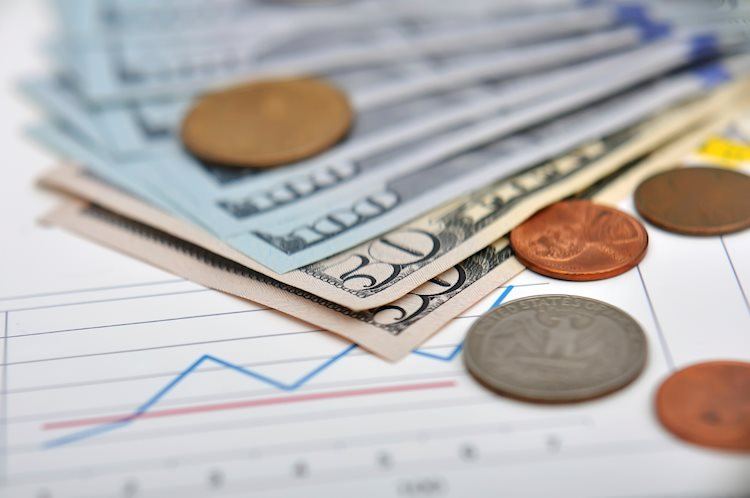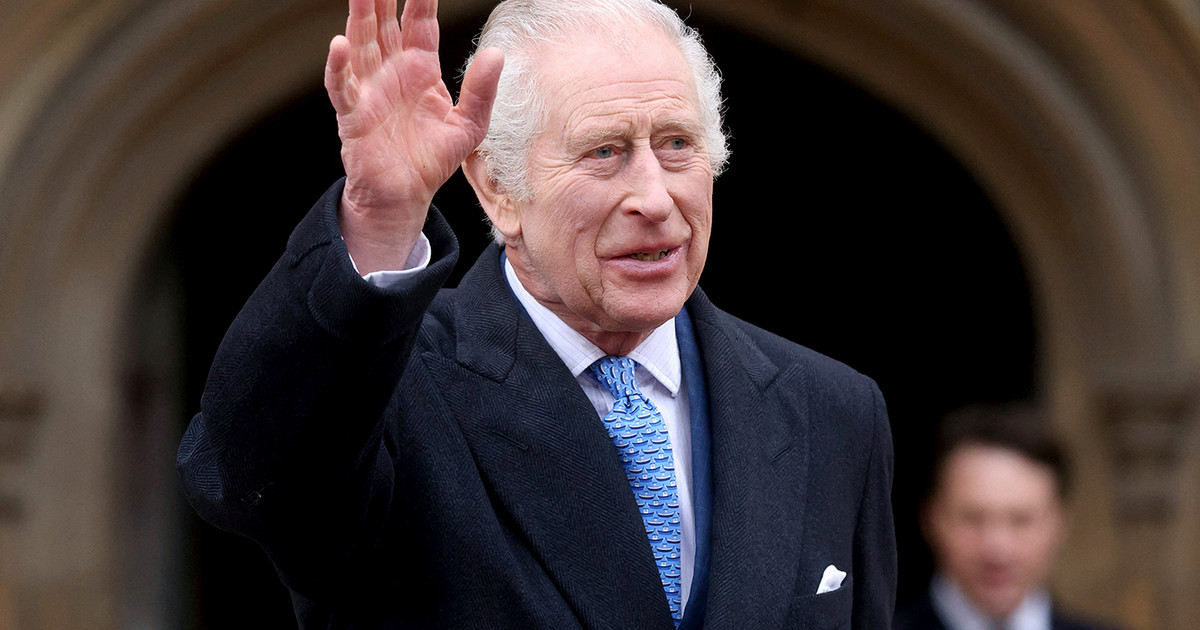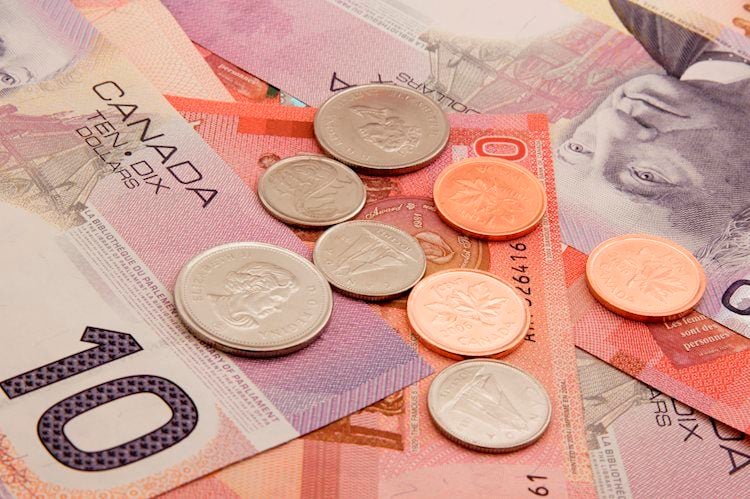Mikhail Gorbachev, the last Soviet leader, was shocked and perplexed by the conflict in Ukraine in the months before he died and psychologically affected in recent years by Moscow’s worsening ties with Kiev, his interpreter said on Thursday.
Pavel Palazhchenko, who worked with the late Soviet president for 37 years and was at his side at several summits between the United States and the Soviet Union, spoke with Gorbachev a few weeks ago by phone and said he and others were overwhelmed by the trauma of Gorbachev with the events in the Ukraine region.
“It’s not just the (special military) operation that started on February 24, but the whole evolution of relations between Russia and Ukraine in recent years, it was really a big blow for him,” Palazhchenko said in an interview with Reuters.
“It was very obvious to us in our conversations with him that he was shocked and baffled by what was happening (after Russian troops entered Ukraine in February) for all sorts of reasons. He not only believed in the closeness of the Russian and Ukrainian people, he believed that these two nations were mixed together.”
The president Vladimir Putin sent tens of thousands of troops to Ukraine on February 24 in what he called a “special military operation,” which he said was necessary to ensure Russia’s security against an expanding North Atlantic Treaty Organization (NATO) military alliance. and to protect Russian speakers.
Kiev says it posed no threat and is now defending itself against an imperial-style war of unprovoked aggression. The West has imposed sweeping sanctions on Moscow to try to get Putin to withdraw his forces, something he shows no signs of doing.
In photographs of 1980s summits with US President Ronald Reagan, Palazhchenko’s bald, mustachioed figure can be seen multiple times alongside Gorbachev, leaning forward to capture and convey every word.
Now 73, he is well-positioned to know the late politician’s state of mind in the period leading up to his death, having seen him in recent months and kept in touch with Gorbachev’s daughter Irina.
Gorbachev, who was 91 when he died on Tuesday of an unspecified illness, had family connections to Ukraine, Palazhchenko said. He spoke of the Gorbachev Foundation headquarters in Moscow, where he works, and where Gorbachev kept an office dominated by a giant portrait of his late wife Raisa, whose father was from Ukraine.
conflict in ukraine
While in office, Gorbachev tried to keep the 15 republics of the Soviet Union (USSR), including Ukraine, together, but failed after the reforms he put into motion encouraged many of them to demand independence.
Soviet forces used lethal force in some cases in the last days of the USSR against civilians. Politicians in Lithuania and Latvia looked back on these events with horror after Gorbachev’s death, saying they still blamed him for the bloodshed.
Palazhchenko claims that Gorbachev, who he said believed in solving problems only through political means, either didn’t know about some of these bloody episodes beforehand or “very reluctantly” authorized the use of force to prevent chaos.
Gorbachev’s position on Ukraine was complex and contradictory in his own mind, Palazhchenko said, because the late politician still believed in the idea of the Soviet Union.
“Of course, at his heart the kind of mind map for him and most people of his political generation is still some sort of imagined country that includes most of the former Soviet Union,” Palazhchenko said.
But Gorbachev would not have fought a war to restore the defunct country he presided over from 1985 to 1991, he suggested. “Of course I can’t imagine him saying ‘this is it, and I’ll do whatever it takes to enforce it.’ No”.
Although Gorbachev believed his duty was to show respect and support for Putin, his former interpreter said he spoke publicly when he disagreed with him, such as in the media’s treatment. But he had made the decision not to “provide continued commentary” on Ukraine, other than approving a statement in February that called for an early end to hostilities and for humanitarian concerns to be addressed.
Gorbachev’s relationship with Ukraine had been difficult at times. Kiev banned him in 2016 after he told Britain’s Sunday Times newspaper he would have acted in the same way Putin did in 2014 in annexing Crimea.
“I am always with the free will of the people and the majority in Crimea wanted to meet with Russia,” Gorbachev said at the time, referring to the result of a referendum that Kiev and the West called illegal.
Some Ukrainians also blame him for the initial Soviet cover-up of the 1986 Chernobyl nuclear disaster.
History’s verdict
While admitting that some Russians and people across the former Soviet empire had extremely negative views of Gorbachev for the economic and geopolitical turmoil that followed the collapse of the USSR in 1991, Palazhchenko argued that Gorbachev’s legacy was still substantial.
Not only did he help end the Cold War and reduce the risk of nuclear war, he said, but he also voluntarily dismantled totalitarianism within the Soviet Union and gave Russia a chance at freedom and democracy.
“I think he remained optimistic about Russia’s future,” despite his own legacy being “mutilated” and what he called “unfair criticism,” Palazhchenko said.
“He believed that the people of Russia are very talented and once they get a chance, maybe a second chance, that talent… will show.”
Palazhchenko, who reminisced about the US-Soviet Cold War summits and spoke in a limousine with Gorbachev after the White House talks, said he and his colleagues now face the task of examining Gorbachev’s papers and books at the late politician’s state dacha. on the outskirts of Moscow. There was a lot of material that hadn’t yet been systematically cataloged in his file.
Visibly angered by criticism of Gorbachev since his death by some people on social media he called “haters”, Palazhchenko said his former employer thought history would judge him correctly.
“He liked to say that history is a fickle lady. I think he believed and hoped that the final verdict would be positive for him.”
(Editor: Mark Trevelyan)
Source: CNN Brasil
I’m James Harper, a highly experienced and accomplished news writer for World Stock Market. I have been writing in the Politics section of the website for over five years, providing readers with up-to-date and insightful information about current events in politics. My work is widely read and respected by many industry professionals as well as laymen.






